History Of Vernacular Architecture Vernacular architecture also folk architecture 1 is building done outside any academic tradition and without professional guidance It is not a particular architectural movement or style but rather a broad category encompassing a wide range and variety of building types with differing methods of construction from around the world
The Historical Roots of Vernacular Architecture The origins of vernacular architecture can be traced back to prehistoric times when nomadic tribes began to construct temporary shelters using locally available materials such as mud animal skins and branches Vernacular architecture refers to the traditional building practices that have developed over time within a specific region or community reflecting the cultural identity and heritage of the local people It is deeply rooted in a particular area s context history climate and available resources
History Of Vernacular Architecture

History Of Vernacular Architecture
https://i.pinimg.com/originals/75/bb/29/75bb29d9540469231b1a9876b0f8885d.jpg

The Brick House Exterior Modlar
https://cdn.modlar.com/photos/639/img/s_1920_x_lq/the_brick_house_5_55aac44dd061c.jpg

Vernacular I
https://cdn.homedit.com/wp-content/uploads/house-styles/vernacular-architecture/Vernacular-Architecture.jpg
The Early History of Vernacular Architecture A Global Perspective Vernacular architecture emerged at different times in various regions In ancient times people used whatever local materials were available to construct their homes giving rise to a diverse range of styles Explore vernacular architecture and its unique blend of history and sustainability Learn about traditional styles materials and benefits of vernacular structures and see how they inspire modern sustainable designs
Vernacular architecture can be defined as a type of local or regional construction using traditional materials and resources from the area where the building is located Unlike architectural styles such as International Style Gothic Tudor Colonial or Greek Revival defined by specific aesthetic principles historical influences and design theories vernacular architecture arises organically from local needs materials and traditions
More picture related to History Of Vernacular Architecture
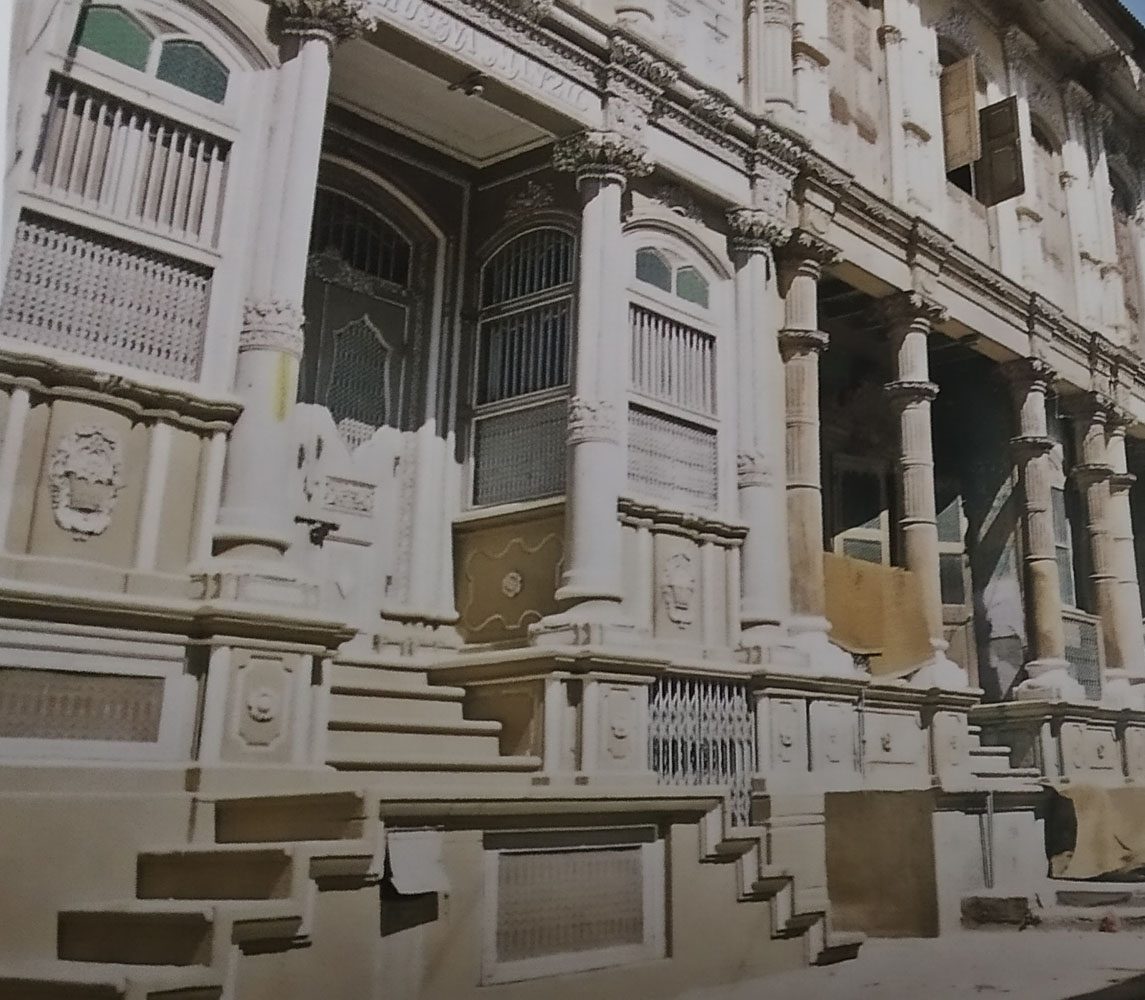
Vernacular Wooden Architecture Of Gujarat Asia InCH Encyclopedia Of
https://asiainch.org/wp-content/uploads/2020/01/IMG_20191230_134048-e1577948486958.jpg
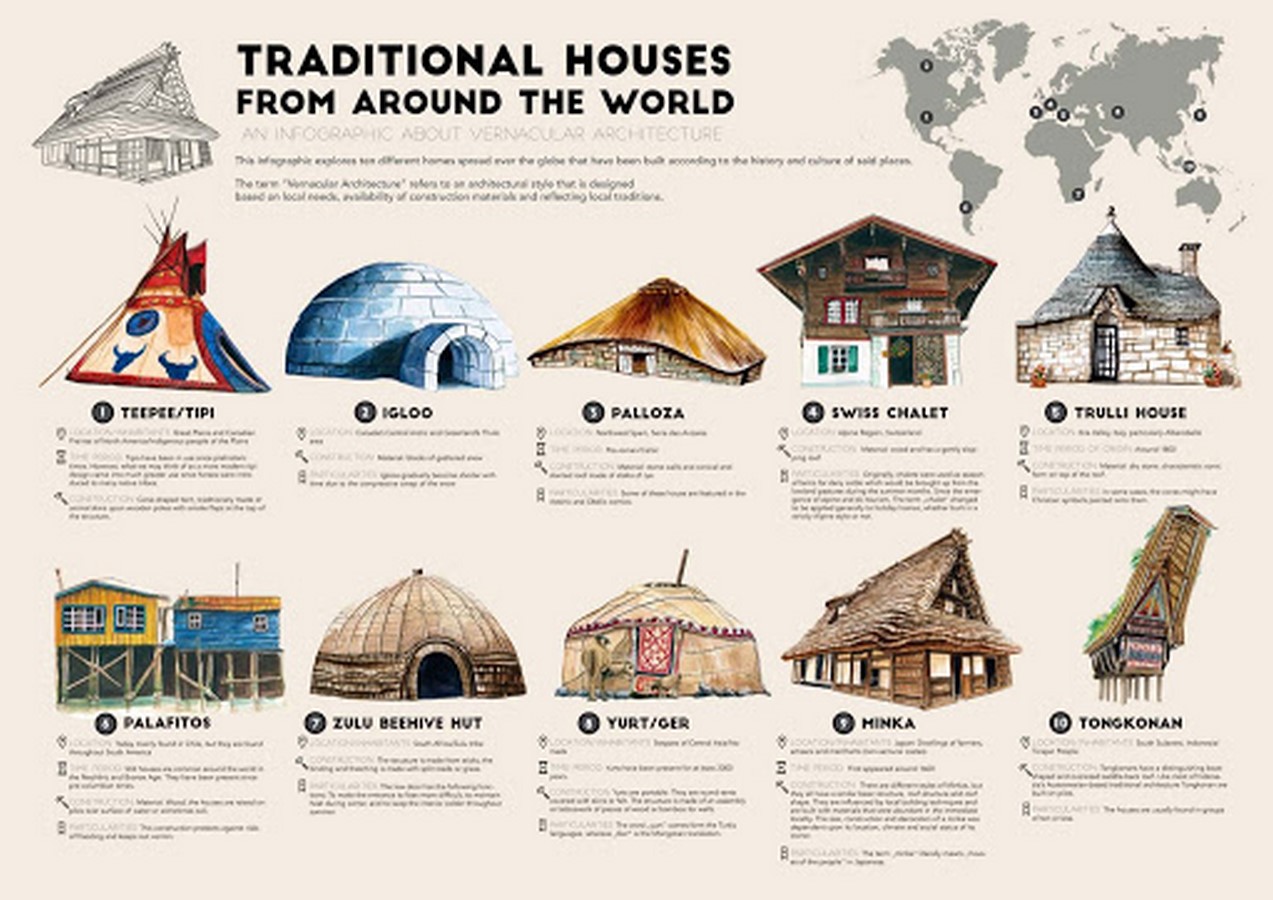
Vernacular Architecture Sheets
https://www.re-thinkingthefuture.com/wp-content/uploads/2020/12/A2252-Why-architects-must-study-Vernacular-Architecture-Image-1.jpg

Gallery Of Vernacular Architecture And The 21st Century 2
https://images.adsttc.com/media/images/55f7/30ad/203e/c867/7700/00c1/slideshow/1-seierseier.jpg?1442263206
Vernacular Architecture can be defined as a construction type that adheres to the local or regional norms in the construction practices Thus it can be said that Vernacular architecture relates to the indigenous designs which have evolved from a particular region Vernacular architecture is an architectural design style and concept that reflects the geographic and cultural context of the site and surroundings focusing on local construction with traditional and regional materials
[desc-10] [desc-11]

Vernacular Architecture The Characteristics That Give It Shape
https://cdn.homedit.com/wp-content/uploads/house-styles/vernacular-architecture/Havelis-india.jpg
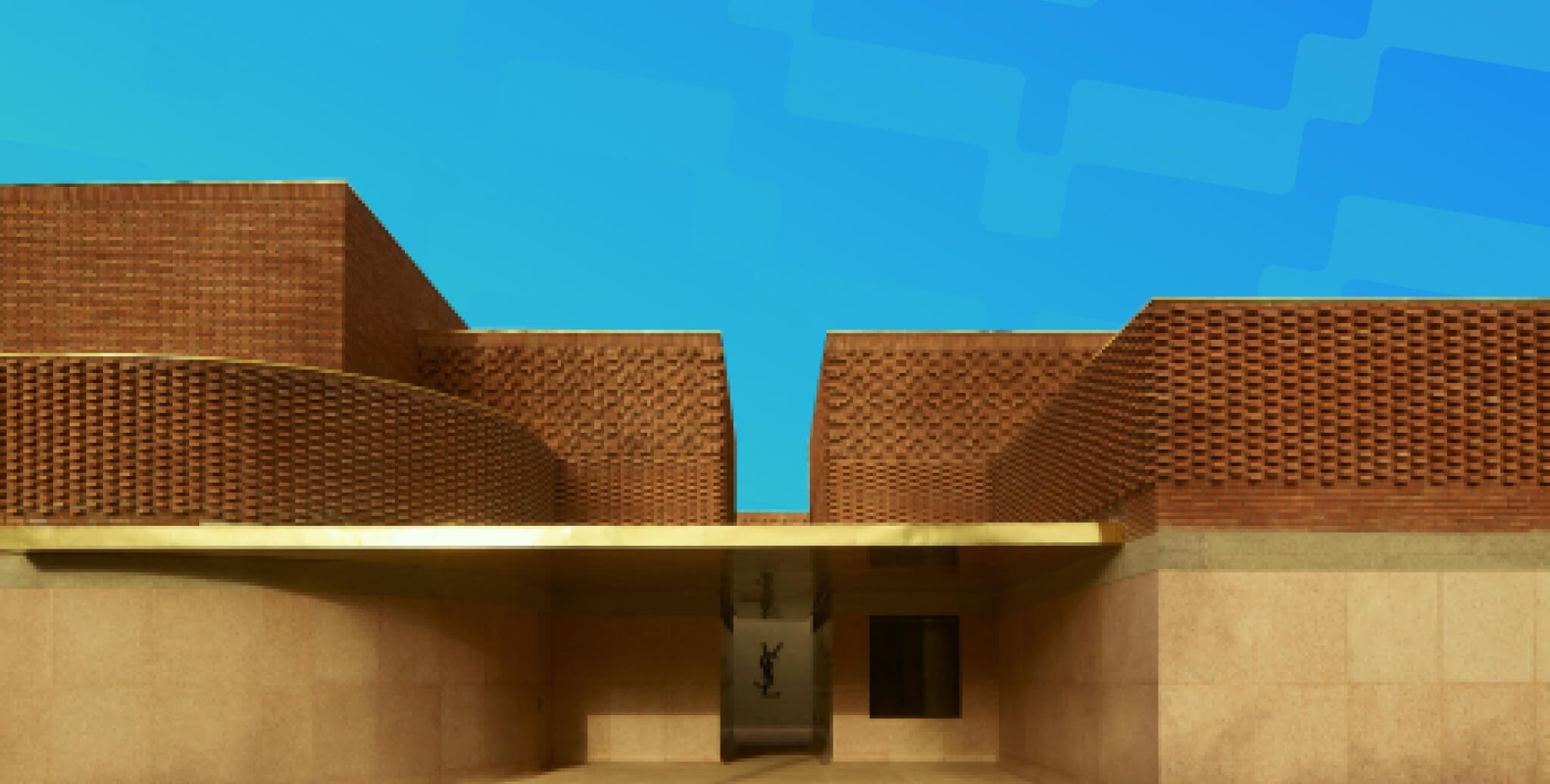
What Is Vernacular Architecture A Complete Guide 2025
https://blog.novatr.com/hubfs/Vernacular Architecture_ Learning from the past for the future.jpg

https://en.wikipedia.org › wiki › Vernacular_architecture
Vernacular architecture also folk architecture 1 is building done outside any academic tradition and without professional guidance It is not a particular architectural movement or style but rather a broad category encompassing a wide range and variety of building types with differing methods of construction from around the world

https://wechronicle.com › architecture › exploring-the...
The Historical Roots of Vernacular Architecture The origins of vernacular architecture can be traced back to prehistoric times when nomadic tribes began to construct temporary shelters using locally available materials such as mud animal skins and branches

9

Vernacular Architecture The Characteristics That Give It Shape
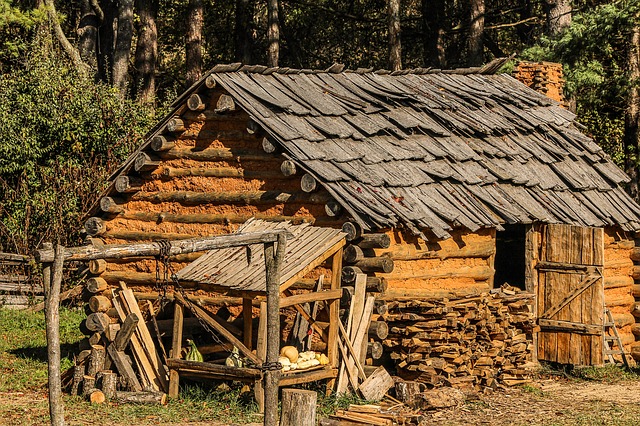
Vernacular Architecture Designing Buildings
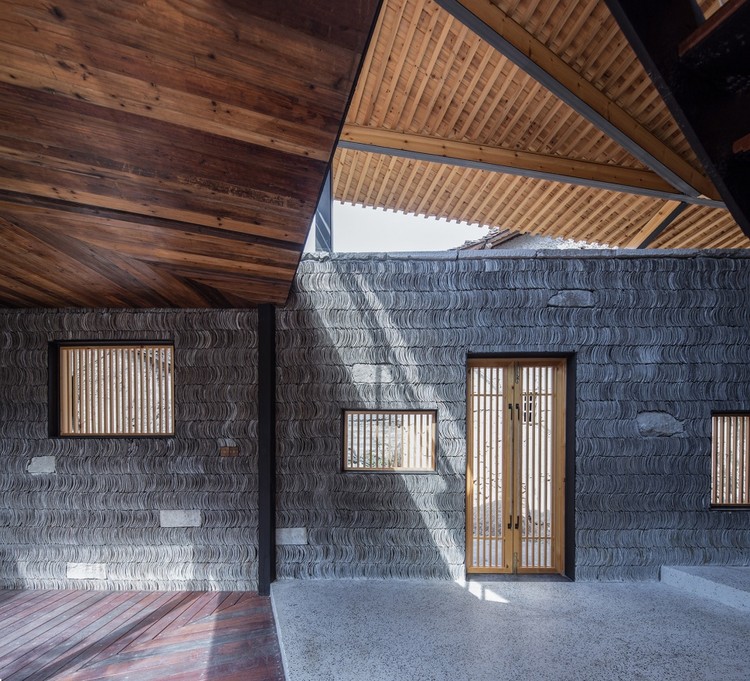
The Revival Of Vernacular Architecture Residence Style
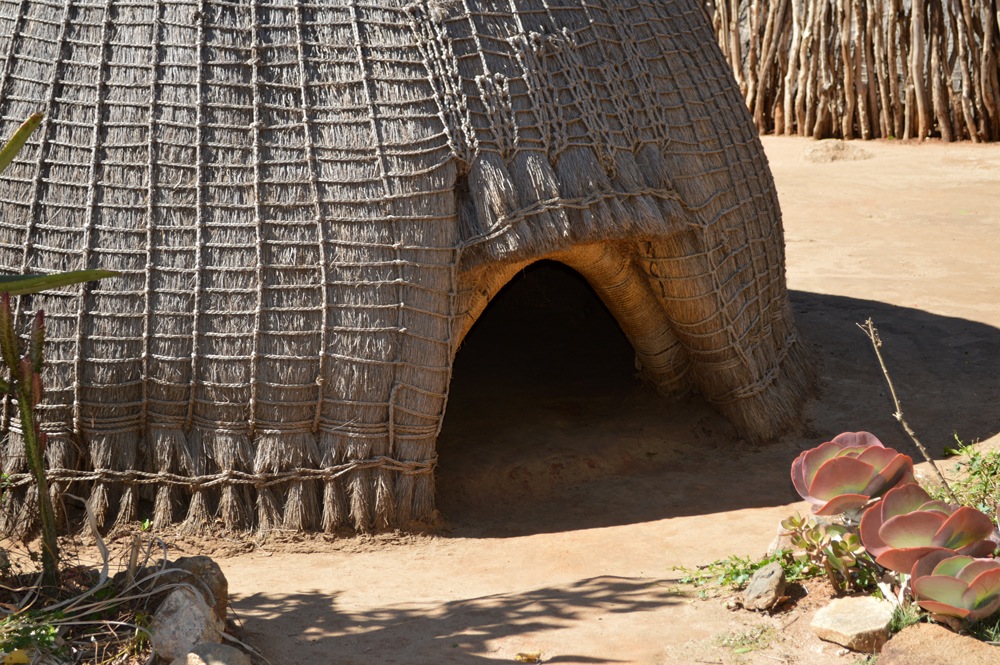
In Celebration Of The African Vernacular Architecture Design Indaba

Architecture Thesis Case Study Sheets Thesis Title Ideas For College

Architecture Thesis Case Study Sheets Thesis Title Ideas For College
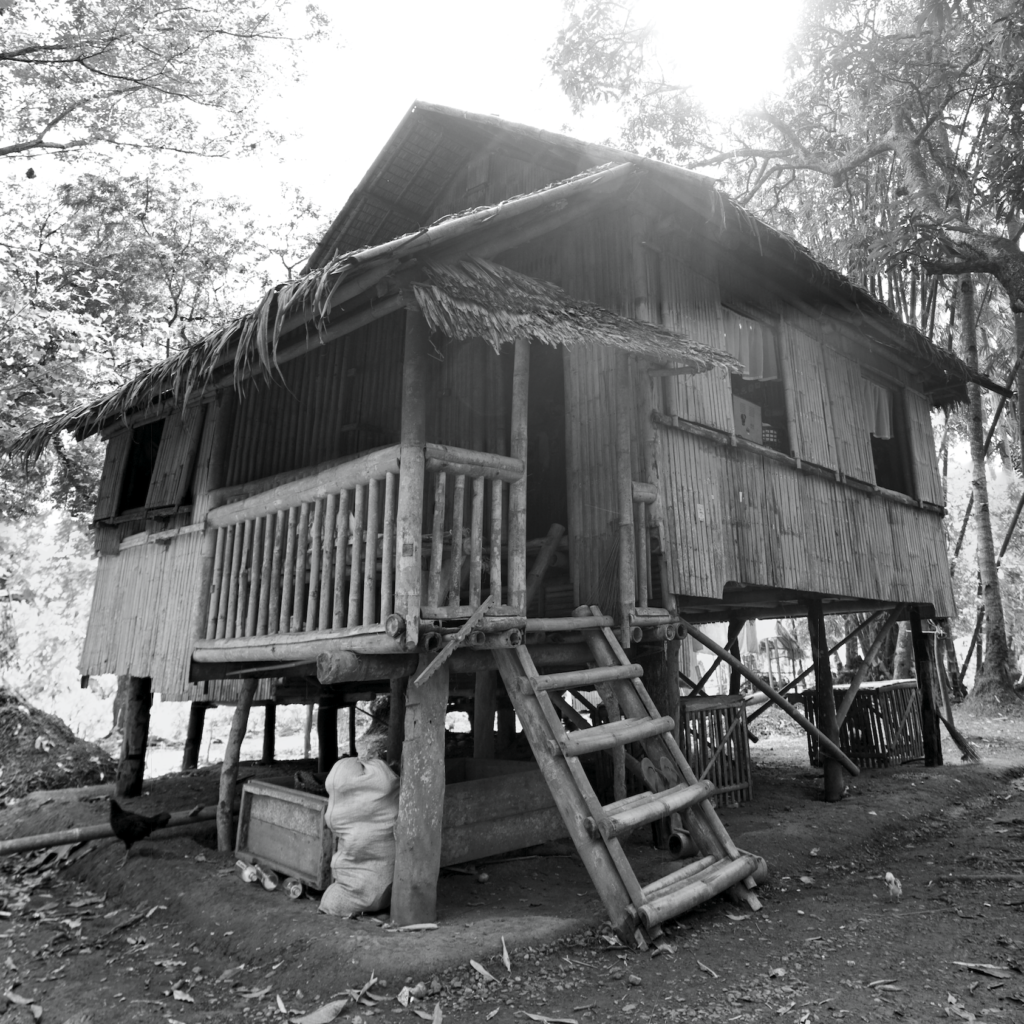
Lean Interpretations From Philippine Vernacular Architecture Lean

Vernacular Bamboo Structures Around The World Bamboo U

A Modern Interpretation Of South Indian Vernacular Architecture DSGN
History Of Vernacular Architecture - Vernacular architecture can be defined as a type of local or regional construction using traditional materials and resources from the area where the building is located